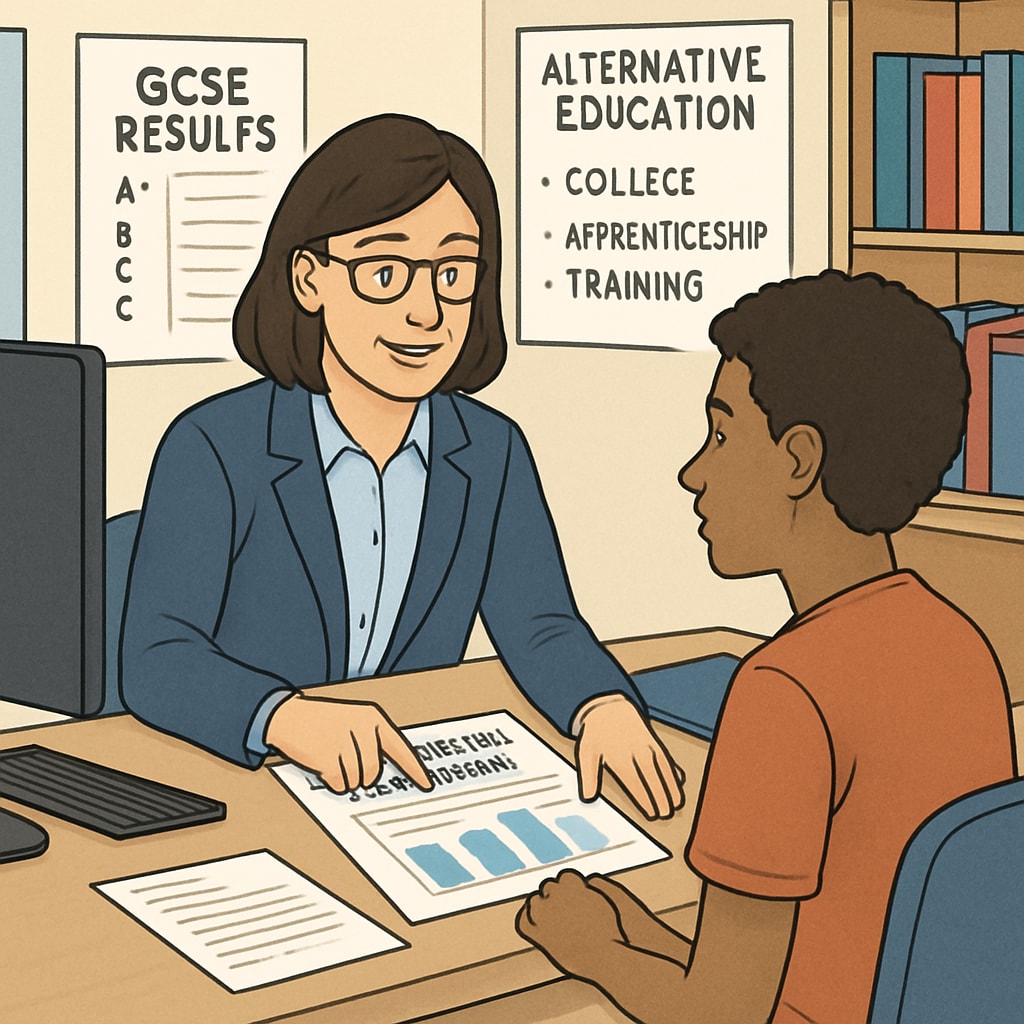For many students, receiving their GCSE results can be a pivotal moment in their academic journey. When those results fall short of expectations, feelings of self-doubt and uncertainty about academic development often arise. But does a disappointing report card truly define a person’s potential? The answer is no. This article explores how students can overcome the emotional and practical impacts of GCSE results and find meaningful growth beyond grades.
Understanding the Impact of GCSE Results on Self-Worth
The pressure to succeed academically is immense, and GCSE results are often perceived as an indicator of future success. However, when students fail to meet their expectations, it can lead to self-doubt and feelings of inadequacy. This emotional toll can affect their confidence, relationships, and even decision-making regarding their education.
It’s crucial to remember that academic results are just one measure of ability. Intelligence, creativity, resilience, and interpersonal skills contribute significantly to a person’s overall potential. Many successful individuals have experienced academic setbacks, only to grow and thrive in non-traditional paths.

Reassessing Educational Pathways After GCSE Results
For students who feel disheartened by their GCSE results, reassessing their educational pathways can bring clarity. Traditional routes like A-levels may not suit everyone, and alternatives such as vocational courses, apprenticeships, or practical training programs can provide fulfilling career opportunities.
To make an informed decision, students should consider their interests, strengths, and long-term goals. For example:
- Vocational courses offer hands-on experience and direct career preparation.
- Apprenticeships combine work experience with structured learning.
- Further education colleges provide specialized courses tailored to diverse needs.
By exploring these options, students can align their aspirations with pathways that better suit their skills, rather than forcing themselves into traditional molds.

Building Resilience and Embracing Growth Beyond Grades
Academic setbacks can be challenging, but they also offer valuable lessons in resilience. Overcoming disappointment helps students develop emotional strength, adaptability, and problem-solving skills—qualities that are essential for success in any field.
Here are a few strategies for students to foster self-growth after receiving their GCSE results:
- Engage in reflective practices, such as journaling or speaking with mentors.
- Focus on personal strengths and areas of improvement rather than dwelling on weaknesses.
- Set achievable short-term goals to regain confidence and build momentum.
By shifting focus from grades to personal development, students can unlock their true potential and discover paths that lead to fulfillment and success.
The Bigger Picture: Academic Results Are Not Everything
It’s important to remind students, parents, and educators alike that academic results are not the sole determinant of success. History is peppered with examples of individuals whose achievements were not defined by their school grades. According to Richard Branson, the founder of Virgin Group, his dyslexia and poor academic performance never hindered his entrepreneurial journey. Similarly, Albert Einstein faced challenges in formal education but went on to transform the scientific world.
These examples show that success stems from determination, creativity, and resilience—not merely academic accolades. By embracing a broader perspective, students can redefine their self-worth and future paths.
Final Thought: GCSE results might feel overwhelming in the moment, but they are a single chapter in a much larger story. With the right mindset and support, every student can find their unique path to growth and achievement.


